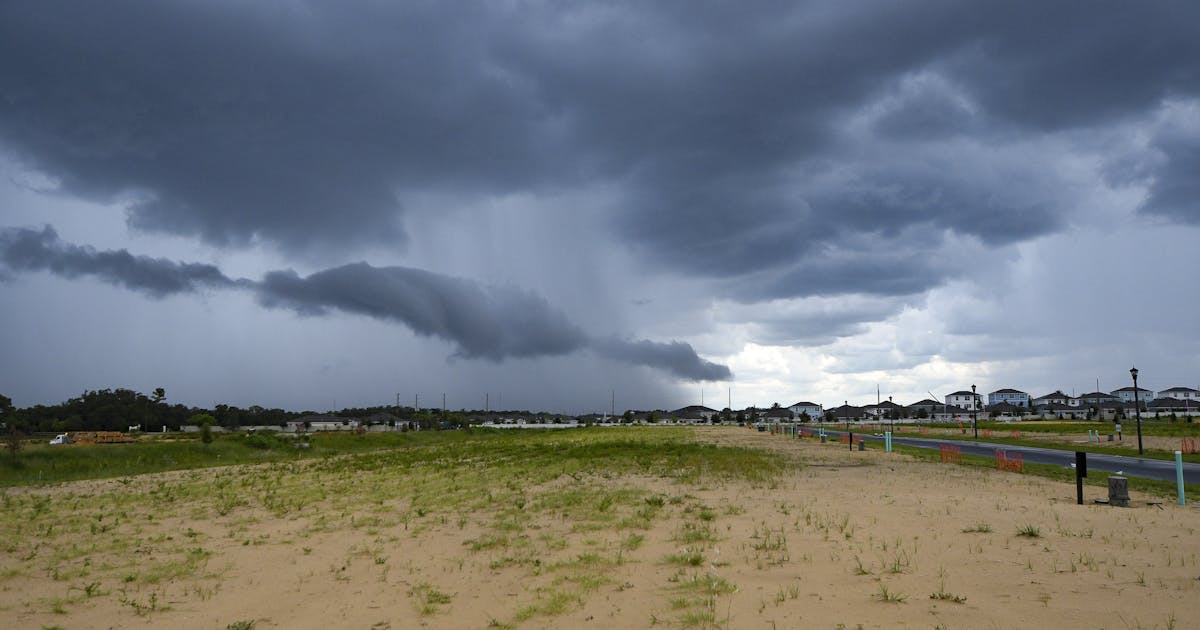GOP Pushes Weather Control Legislation Across Nearly 20 States
Republicans are pushing legislation in nearly 20 states to ban government weather modification and geoengineering, with bills signed in Tennessee and Florida, and a federal act introduced.
Subscribe to unlock this story
We really don't like cutting you off, but you've reached your monthly limit. At just $5/month, subscriptions are how we keep this project going. Start your free 7-day trial today!
Get StartedHave an account? Sign in
Overview
- Nearly 20 states are currently facing Republican-backed legislation designed to prohibit government weather modification and geoengineering, reflecting a widespread GOP initiative.
- These proposed bills aim to outlaw various forms of weather control, imposing penalties for violations and addressing concerns about perceived government intervention in natural phenomena.
- Governors in Tennessee and Florida have already signed such bills into law, making them the first two states to officially ban government 'weather modification' activities.
- At the federal level, Representatives Marjorie Taylor Greene and Tim Burchett introduced the 'Clear Skies Act' to further address and restrict government weather control efforts.
- The legislative push by Republicans across the nation seeks to prevent future government-led geoengineering projects, emphasizing a desire for natural atmospheric conditions.
Report issue

Read both sides in 5 minutes each day
Analysis
Center-leaning sources frame this story by portraying Republican efforts to ban "weather modification" as rooted in "outlandish" and "fringe" theories like "chemtrails." They highlight a perceived hypocrisy, contrasting these legislative pushes with the party's historical stance on climate change and scientific consensus, subtly undermining the movement's credibility through language and contextualization.
Articles (3)
Center (1)
FAQ
Republican lawmakers are pushing for bans primarily due to concerns about government intervention in natural atmospheric phenomena and the influence of conspiracy theories suggesting government weather manipulation.
Tennessee and Florida have signed laws banning government weather modification, making them the first two states to officially enact such bans.
The 'Clear Skies Act' aims to prohibit the government from releasing chemicals into the atmosphere intended to modify weather, temperature, climate, or sunlight, thus restricting government weather control efforts at the federal level.
Experts warn that banning weather modification could jeopardize legitimate scientific programs and research efforts focused on understanding and potentially mitigating extreme weather events.
Conspiracy theories claiming government manipulation of weather and atmosphere have significantly influenced the push for legislation, with lawmakers responding to constituents who believe in such theories despite scientific opposition.
History
- This story does not have any previous versions.


